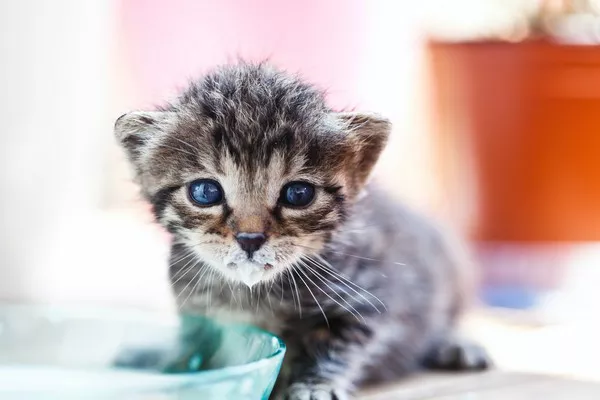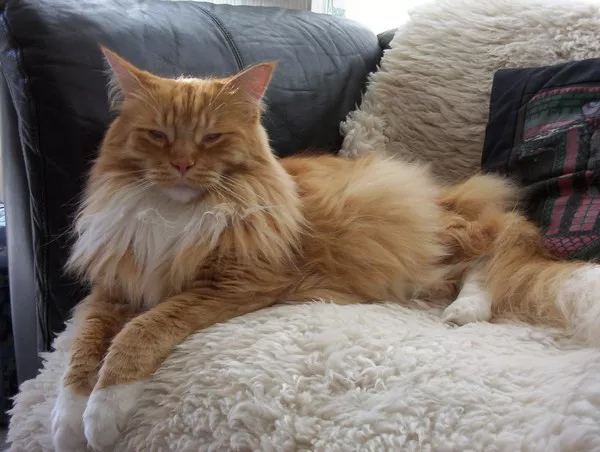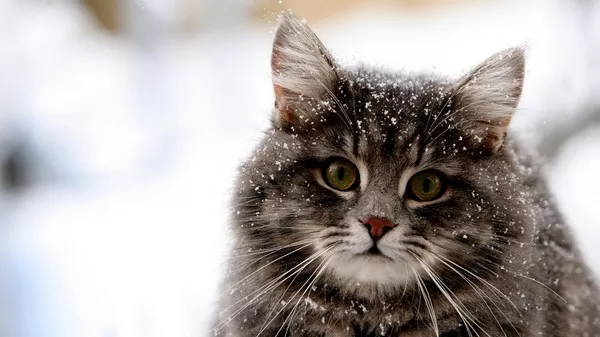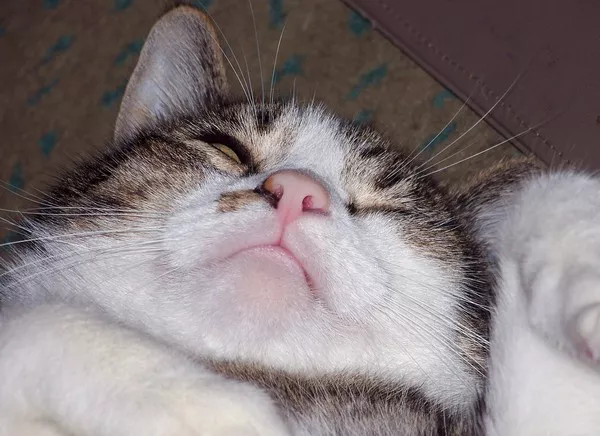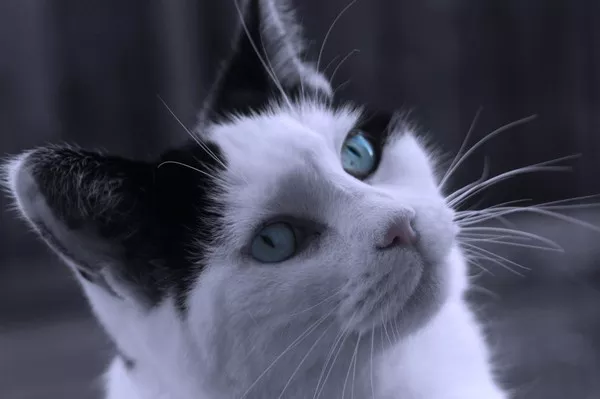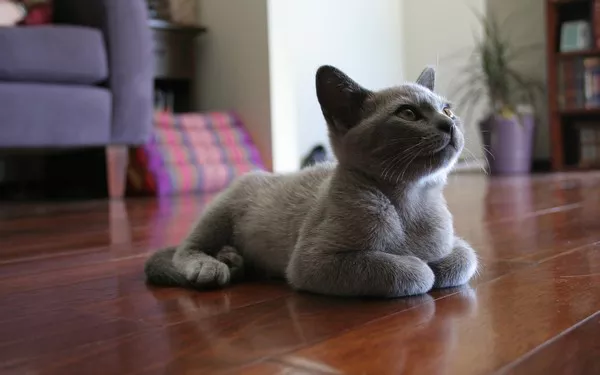Cats are beloved pets, adored for their companionship, playful antics, and soothing purrs. While many cat breeds come with their unique quirks and charm, some breeds are notably healthier than others. Understanding which cat breeds tend to have fewer health issues is essential for potential cat owners, as it can influence decisions about breed selection and long-term care commitments. This essay will explore several cat breeds that are known for their robust health and resilience, detailing their characteristics, care needs, and the reasons behind their overall well-being.
The Importance of Choosing a Healthy Cat Breed
Why Health Matters in Cat Ownership
Quality of Life: Healthier cats tend to enjoy a better quality of life, free from the chronic pain and discomfort associated with many common health issues.
Financial Implications: Veterinary care for chronic health problems can be costly. Choosing a breed with fewer health issues can lead to lower veterinary bills over the cat’s lifetime.
Longevity: Cats that are generally healthier often live longer, allowing owners to enjoy their companionship for many years.
Informed Decisions: Knowledge of breed health can help prospective owners make informed choices that align with their lifestyle and ability to provide care.
Factors Influencing Cat Health
Several factors contribute to a cat’s health, including genetics, environment, diet, and lifestyle. While some breeds have genetic predispositions to certain health issues, others are more robust due to their genetic diversity, resilient body structures, or lower incidence of inherited diseases.
Cat Breeds Known for Their Good Health
Domestic Shorthair
Overview
Domestic Shorthairs are not a specific breed but rather a category of mixed-breed cats with short coats. They are one of the most common types of cats found in homes and shelters.
Health Characteristics
Genetic Diversity: Because they are mixed-breed cats, Domestic Shorthairs benefit from a wide gene pool, which often results in fewer inherited health problems.
Robustness: Generally, they are hardy cats with few serious health issues, making them a popular choice for families.
Care Needs
Diet: A balanced diet tailored to their age, weight, and activity level is essential.
Regular Vet Visits: Routine check-ups help monitor their overall health and catch any potential issues early.
American Shorthair
Overview
The American Shorthair is a breed known for its friendly personality and adaptability. They are sturdy, medium to large cats with a muscular build.
Health Characteristics
Low Genetic Predisposition: American Shorthairs have a reputation for good health due to their strong genetic background and low incidence of inherited diseases.
Longevity: Many American Shorthairs live well into their teens and even twenties, often without significant health issues.
Care Needs
Nutrition: A high-quality diet and portion control to prevent obesity, which can lead to health problems.
Exercise: Regular playtime to maintain a healthy weight and mental stimulation.
Burmese
Overview
Burmese cats are known for their affectionate nature and striking appearance, with a sleek, muscular body and short coat.
Health Characteristics
Fewer Genetic Disorders: Compared to other breeds, Burmese cats have a lower incidence of hereditary health issues, although they can still be prone to some conditions like craniofacial abnormalities.
Strong Immune Systems: Generally, they are robust cats with fewer health problems, contributing to their longevity.
Care Needs
Social Interaction: Burmese cats thrive on human interaction and should not be left alone for long periods.
Regular Vet Visits: Routine health checks are essential to monitor for any potential issues.
Russian Blue
Overview
The Russian Blue is known for its beautiful blue-gray coat and striking green eyes. This breed is also recognized for its gentle and reserved nature.
Health Characteristics
Low Incidence of Genetic Disorders: Russian Blues are generally healthy cats, with few breed-specific health problems reported.
Strong Immune System: They are known for their resilience and ability to adapt well to various living conditions.
Care Needs
Diet and Nutrition: A high-quality diet is essential for maintaining their health and coat quality.
Environmental Enrichment: Providing toys and activities to keep them mentally and physically stimulated.
British Shorthair
Overview
British Shorthairs are known for their round faces and dense coats. They are calm, easygoing cats that adapt well to various living situations.
Health Characteristics
Genetic Stability: This breed has a relatively stable gene pool, resulting in fewer inherited health issues compared to other breeds.
Longevity: British Shorthairs often enjoy long, healthy lives, making them a popular choice among cat owners.
Care Needs
Weight Management: Due to their tendency to gain weight, it’s essential to monitor their diet and exercise.
Regular Vet Check-Ups: Routine health checks to monitor for any potential issues, especially as they age.
Chartreux
Overview
The Chartreux is a rare breed known for its striking blue-gray coat and copper or gold eyes. They are known for their playful yet calm demeanor.
Health Characteristics
Minimal Genetic Issues: The Chartreux breed has few known genetic health problems, making them one of the healthier breeds.
Robust Health: They are known for their strong constitution and longevity.
Care Needs
Balanced Diet: A nutritious diet tailored to their age and activity level is essential.
Social Interaction: They thrive on companionship and should be engaged with their owners regularly.
Siamese
Overview
Siamese cats are known for their striking appearance and vocal personalities. They are social, affectionate, and intelligent.
Health Characteristics
Resilience: While they can be prone to certain health issues, overall, Siamese cats are relatively healthy compared to other breeds.
Strong Genetic Background: Their genetic diversity contributes to their overall health and resilience.
Care Needs
Interactive Play: Siamese cats require mental stimulation and physical activity to stay healthy.
Regular Vet Visits: Routine check-ups to monitor for any potential health issues.
Maine Coon
Overview
Maine Coons are one of the largest domesticated cat breeds, known for their friendly disposition and tufted ears. They are robust and adaptable cats.
Health Characteristics
Genetic Diversity: The breed’s genetic diversity contributes to its overall health, although they can be susceptible to certain conditions like hypertrophic cardiomyopathy (HCM).
Strong Constitution: Generally, Maine Coons are healthy cats, and with proper care, they can live long, healthy lives.
Care Needs
Regular Exercise: They require regular playtime to maintain a healthy weight and physical fitness.
Routine Vet Check-Ups: Regular health screenings to monitor for heart conditions and other potential issues.
American Bobtail
Overview
The American Bobtail is known for its distinctive short tail and playful, energetic personality. They are friendly and adaptable cats.
Health Characteristics
Low Genetic Predisposition: American Bobtails are generally healthy, with few breed-specific health issues reported.
Robust Health: They tend to be hardy cats that can adapt well to various living conditions.
Care Needs
Social Interaction: They thrive on companionship and should be engaged with their owners regularly.
Balanced Diet: Providing a nutritious diet to maintain their health and energy levels.
Norwegian Forest Cat
Overview
The Norwegian Forest Cat is known for its thick, water-repellent coat and friendly personality. They are large, sturdy cats that thrive in various environments.
Health Characteristics
Genetic Resilience: Norwegian Forest Cats have a relatively low incidence of genetic disorders, contributing to their overall health.
Strong Constitution: They are robust cats known for their adaptability and resilience.
Care Needs
Regular Grooming: Their thick coat requires regular grooming to prevent matting and maintain skin health.
Physical Activity: They are active cats that need regular exercise and mental stimulation.
General Health Management for Cats
Regular Veterinary Check-Ups
Regular veterinary visits are crucial for all cats, regardless of breed. Routine check-ups can help detect health issues early, allowing for timely intervention and treatment.
Balanced Diet
Providing a balanced diet is essential for maintaining a cat’s health. Consult with your veterinarian to determine the best diet for your cat’s age, weight, and health needs. High-quality cat food, appropriate portion sizes, and fresh water are vital components of a healthy diet.
Weight Management
Maintaining a healthy weight is crucial for preventing obesity-related health issues. Regular exercise and playtime can help keep your cat active and engaged.
Dental Care
Dental health is often overlooked in cats but is crucial for overall well-being. Regular dental cleanings, both professional and at-home, can prevent periodontal disease and other dental issues.
Environmental Enrichment
Providing a stimulating environment is essential for a cat’s mental and physical health. Engage your cat with toys, climbing structures, and interactive play to keep them active and happy.
Conclusion
Choosing a cat breed with fewer health problems can significantly enhance the experience of pet ownership. Breeds like the Domestic Shorthair, American Shorthair, Burmese, and Russian Blue are known for their robust health and resilience. By understanding the characteristics and care needs of these breeds, potential cat owners can make informed decisions that align with their lifestyles and preferences.
Ultimately, regardless of breed, regular veterinary care, a balanced diet, and a stimulating environment are essential for ensuring a cat’s health and happiness. By prioritizing these factors, cat owners can enjoy the companionship and joy that these wonderful animals bring into their lives while minimizing the risk of health-related issues.
Related topic:



